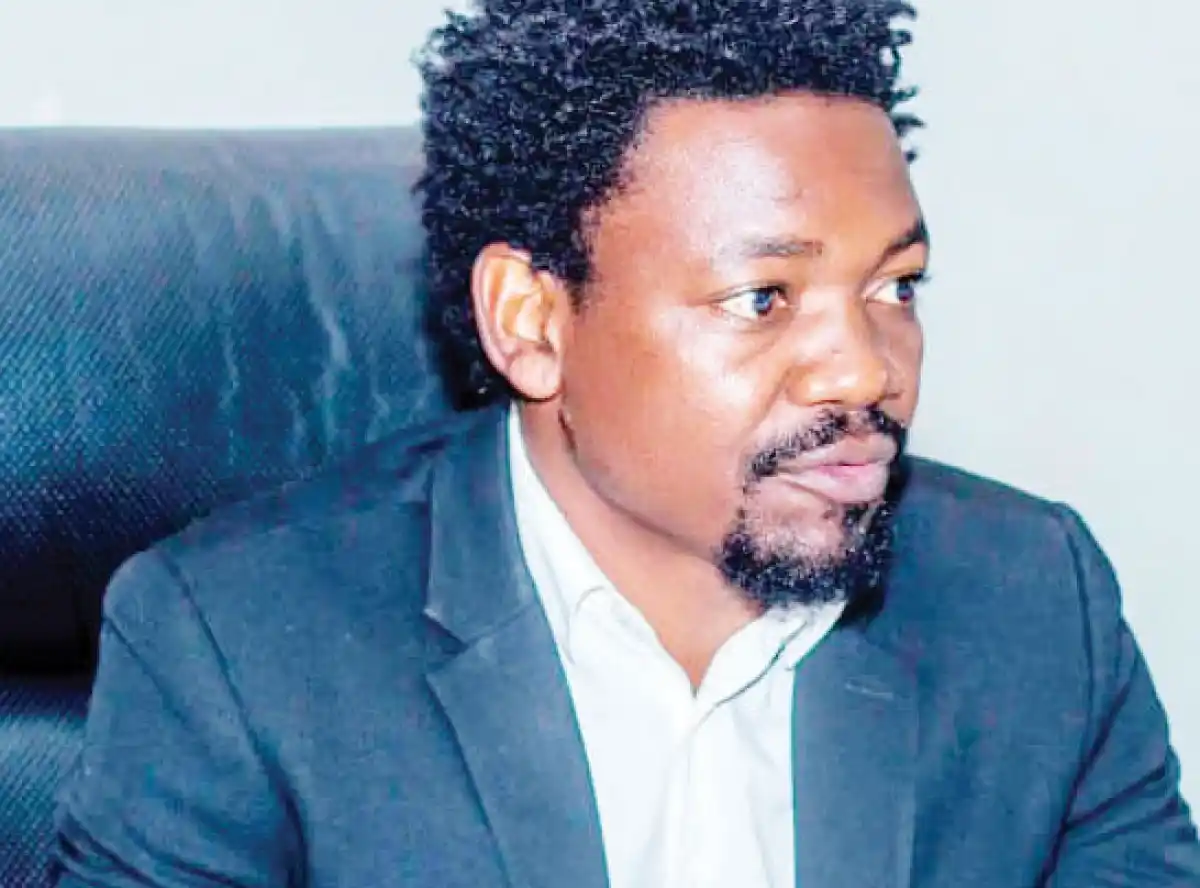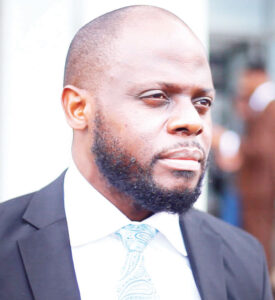

Stakeholders have underscored the need for increased transparency by the Office of the Director of Public Prosecutions (DPP) when taking up or discontinuing cases of public interest.
The stakeholders made the call during a seminar on Justice Accountability on Reimagining the Mandate of the DPP for Accountability and Efficiency in Malawi.
The seminar was organised through the collaboration of National Anti- Corruption Alliance (Naca), Youth and Society (Yas) and the Malawi Law Society (MLS).
Yas Executive Director Charles Kajoloweka said the DPP sits at the heart of the justice system, wielding the power to prosecute, to hold the corrupt accountable and to ensure that justice is served without fear or favour.
“But history has shown that this office, like many others, is not immune to political pressure, resource constraints and systemic inefficiencies.
“The question we must answer today is: how do we transform the DPP’s mandate into a beacon of accountability rather than an instrument of political convenience?” Kajoloweka said.
He observed that reimagining the mandate of the DPP is not just about making technical adjustments, but that it is about redefining the very essence of what justice means in Malawi.
“It means acknowledging that the DPP is not just a prosecutor but a gatekeeper of justice. It means ensuring that the exercise of prosecutorial discretion is driven by law and ethics, not by political calculations.
“We must strengthen institutional safeguards that protect the DPP’s independence. This includes reinforcing oversight mechanisms, ensuring greater transparency in prosecutorial decisions and enhancing coordination between the DPP, the Anti- Corruption Bureau (ACB), the Judiciary and law enforcement agencies.
“It also means addressing the resource constraints that have long been used as an excuse for inaction,” he said.
MLS Vice President Tusume Mwaungulu said, in matters dealing with the discontinuance of cases, the DPP exercises executive power as opposed to administrative power.
Mwaungulu said rarely will courts interfere and review the exercise of such powers.
“The DPP is, therefore, not obliged to divulge reasons for discontinuance (or taking over prosecution cases) to anyone but the legal Affairs Committee within 10 days from the date of his decision.
“The DPP’s reviewability of powers is under a constitutional framework and rests with the Legal Affairs Committee. If anyone has issues with the DPPs exercise of powers, take them to the Legal Affairs Committee,” Mwaungulu said.
“If the public is not happy with the course taken by the Legal Affairs Committee, a person may approach the courts for the judicial review of the decision of the Legal Affairs Committee,” he added.
Mwaungulu called for increased accountability by the DPP to the people so that they appreciate why he does some of the things.

In their paper titled ‘Balancing Power and Accountability: Addressing Governance Challenges in the Director of Public Prosecution’s Office’, Benedicto Kondowe and Ernest Thindwa observed the challenge of balancing the need for the DPP to be properly accountable to the community with the need to ensure decisions are free from any political influence or even the perception of political influence.
The two have recommended expanding the role of civil society organisations (CSOs) in monitoring prosecutorial trends and advocating for fairness in legal proceedings.
Further, the two proposed the introduction of a Prosecutorial Code of Ethics with legal binding force to guide the DPP’s decisions and ensure consistency in prosecutorial processes.
According to MLS, some of the notable cases discontinued in recent years include the Bakili Muluzi case; Saulos Chilima case; Paramount Holdings Limited case; Mapeto case; Chilumpha case (revived); and Cashgate plea bargain cases.
Masauko Chamkakala is the current DPP.






0 Comments